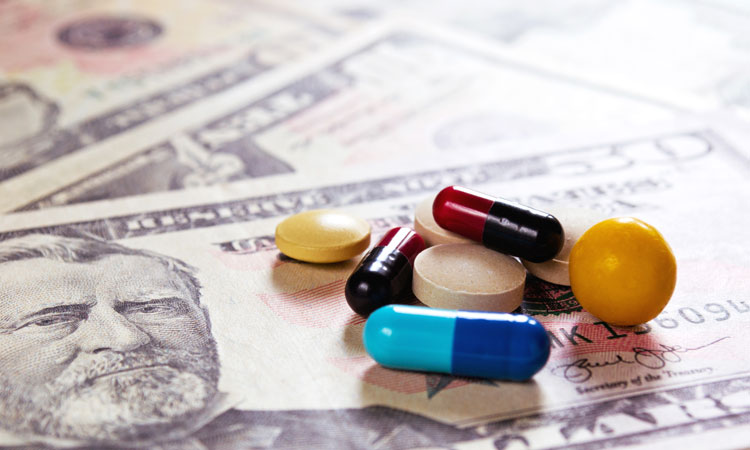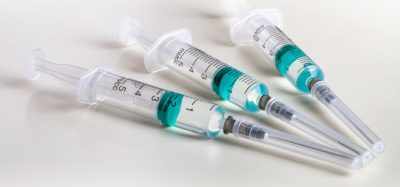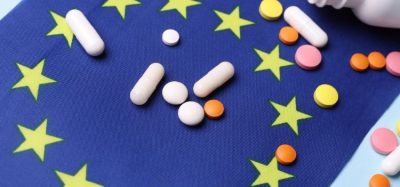Pharma cautious about rushing towards direct-to-consumer drug sales
Posted: 19 August 2025 | Catherine Eckford (European Pharmaceutical Review) | No comments yet
Disruption to traditional distribution channels is anticipated to hinder widespread adoption of the channel.


The US push for more direct-to-consumer (DTC) drug sales by the pharma industry faces a number of challenges to its widespread adoption.
Limited patient awareness of DTC drug availability, as well as disruption to traditional pharma distribution channels, are among the factors that could limit companies adopting the model, according to analysts at GlobalData.
Eli Lilly pioneered a DTC sales approach last year, offering part of its portfolio through its online LillyDirect service, with Novo Nordisk following suit with NovoCare Pharmacy and Pfizer subsequently joining in with Pfizer4All.
The practice then took on a political dimension this year with US President Donald Trump’s May executive order promoting it as part of his broader pricing strategy.
“From a drugmaker perspective, more challenges will occur following the initiatives such as new operational demands, margin pressure and potential friction with insurers”
Wafaa Hassan, Senior Pharma Strategic Intelligence Analyst, said: “The development is closely tied to the administration’s “America First” healthcare agenda and its revived most-favoured-nation (MFN) pricing framework.”
Trump’s executive order tasks the Department of Human and Health Services (HHS) with facilitating “direct-to-consumer purchasing programs for pharmaceutical manufacturers that sell their products to American patients at the most-favoured-nation price”.
The direction’s first success is with Bristol Myers Squibb and Pfizer’s blood thinner Eliquis (apixaban), DTC sales of which will begin in September according to an announcement last month from the manufacturers.
Navigating the future US drug market
Trump’s support for DTC sales aims to reduce drug costs and expand access for US patients, but its long-term impact remains unknown. Yet challenges such as a limited patient awareness could limit pharmaceutical companies adopting the model, according to GlobalData.
Looking ahead, Hassan remarked: “From a drugmaker perspective, more challenges will occur following the initiatives such as new operational demands, margin pressure and potential friction with insurers. The likelihood of success will only depend on how well the pharma industry will navigate with these trade-offs in the upcoming months.”
Related topics
Drug Markets, Industry Insight, Regulation & Legislation, Therapeutics









